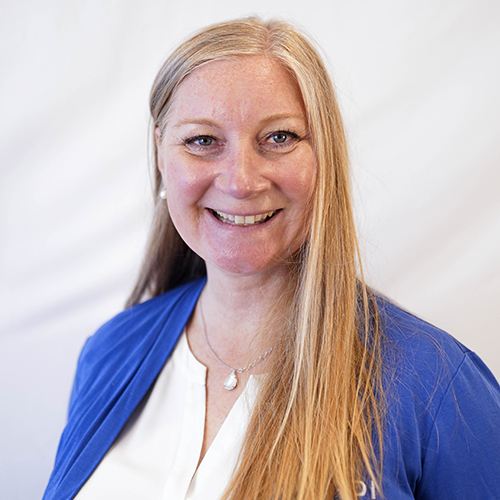
In the heart of the unceded Algonquin Anishinabeg Territory in Ottawa, Ontario, the 2024 International Indigenous Tourism Conference (IITC) unfolded as a celebration of culture, connection, and collaboration. Hosted by the Indigenous Tourism Association of Canada (ITAC), this year's conference marked a significant milestone, drawing over 1000 delegates from more than ten countries.

The conference theme, "Where Nations Meet," resonated throughout the conference, serving as a poignant reminder of the convergence of diverse Indigenous nations, cultures, and perspectives from all around the world. It symbolized a space for dialogue, exchange, and collaboration, highlighting the richness of Indigenous tourism experiences. From the opening ceremony, tastes of Turtle Island* cuisine, thought-provoking programming, and a marketplace showcasing Indigenous businesses, the conference offered a variety of experiences, embodying the essence of Indigenous hospitality, culture, and innovation.

Amidst the celebration, however, a reminder of the work yet to be done lingered. While Canada has made strides in truth and reconciliation, there remains a journey ahead to inspire global acknowledgment of Indigenous populations and their history. Land acknowledgments, though important, are just the beginning. True partnership and understanding require being open to learning, being aware of Indigenous experiences, and building trust over time with Indigenous peoples. For those interested in learning more about Indigenous Peoples and experiences but unsure how to get started, we suggest three ways below:
- The newly established Destination Original Indigenous Tourism (DO-IT) is the world’s first organization dedicated to marketing and amplifying Indigenous travel voices and experiences. The leaders of the Indigenous Tourism Association, American Indian Alaska Native Tourism Association (AINTA), and New Zealand Māori Tourism (NZMT) unveiled this joint initiative at this conference. Read more about this initiative and why it is so important.
- Take time to learn the real stories behind the products you purchase. We heard many speakers talk about ‘appreciation over appropriation;’ to appreciate the history and culture of Indigenous Peoples rather than using or adopting sacred symbols or crafts for profit because they are trendy or stylish. Do your research to understand if the products you purchase are made by Indigenous peoples or if cultural appropriation is taking place. Find Indigenous-owned companies with the Original Original designation, an accreditation program established to give consumers peace of mind knowing they are directly supporting Indigenous People. Visit Destination Indigenous, a platform to discover Indigenous-led experiences and read stories to learn about Indigenous cultures.
- Associations dedicated to advocating for Indigenous People and Indigenous Travel Experiences are a trusted source and a wealth of information. Research the Indigenous Tourism Association of Canada (ITAC), the American Indian Alaska Native Tourism Association (AINTA), and New Zealand Māori Tourism (NZMT) to learn more about their mission and strategic priorities through articles and initiatives listed on their websites, sign up for webinars and educational opportunities when offered, and consider reaching out to these organizations to explore opportunities for alignment when your destination organization is ready.

As we reflect on our experience at the 2024 IITC, we were deeply moved by the profound impact that Indigenous tourism can have in this world. It's a powerful call to action for destinations to recognize the value of Indigenous cultures and heritage and to take meaningful steps toward inclusion and collaboration.
**Turtle Island is the name for the lands now known as North and Central America, which some Indigenous peoples use.



